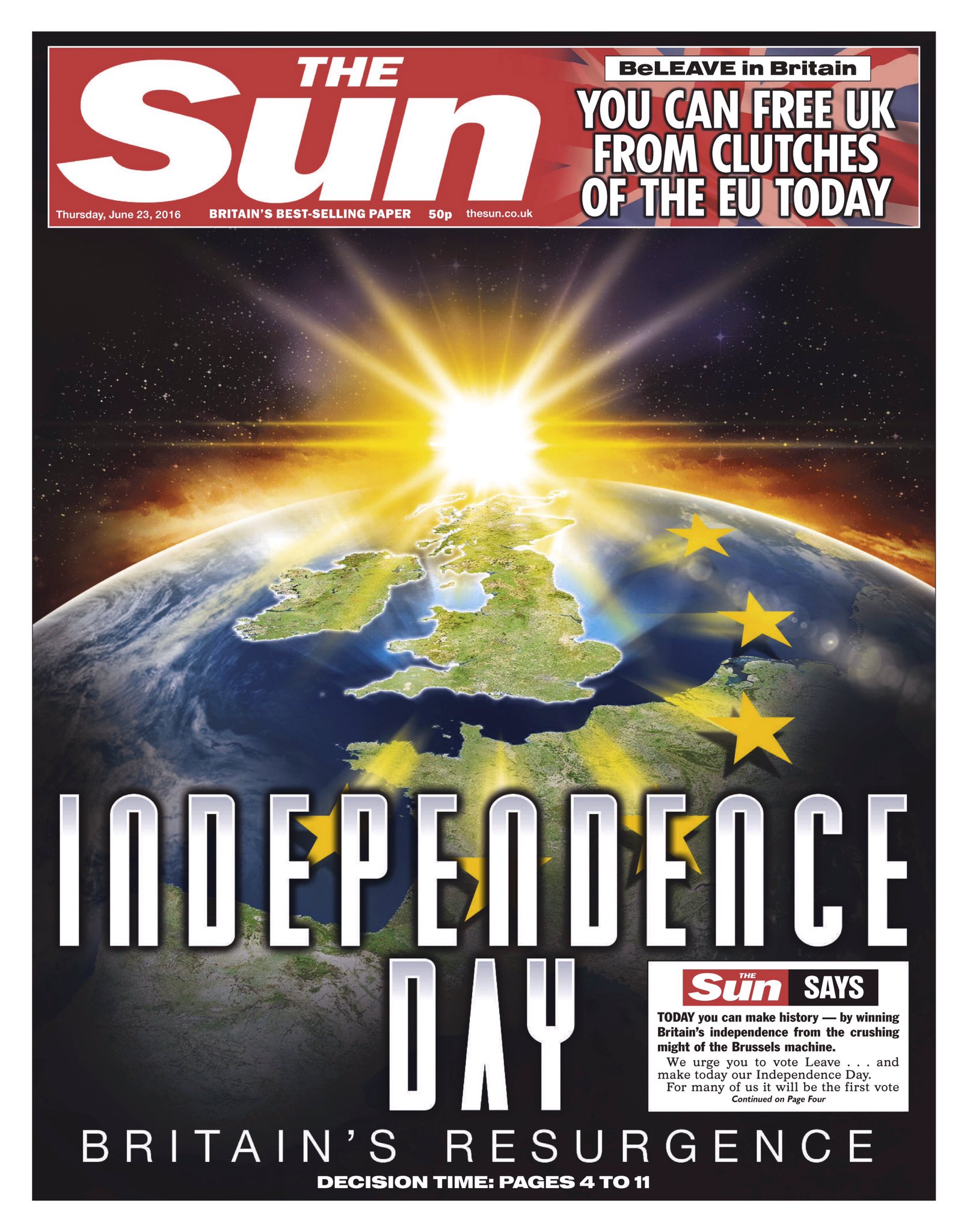So for the whole "We didn't vote for those who make EU laws", what is the truth to that? We did in fact vote for our representatives to "making these laws".
Showing my lack of knowledge in how the EU actually works.
It is complicated.
The European Council decide what the lawmaking priorities should be. The European Council is the head of state or parliament from each country (i.e. they are all elected)
The European Commission prepares the draft legislation. There are 28 commissioners (1 per country) appointed by the European Council, but they must be approved by the European Parliament (who are elected, see below). It acts like a cabinet, but can be a bit like the house of lords - in that it's members are appointed and tend to be old politicians. It can be a sneaky way to give a job to an important politician that lost his seat. However, they serve short terms and must be re-appointed, unlike peers in the house of lords.
The Commission also contains the bulk of the EU's civil service.
This is why people like Boris and Farage can claim the laws are written by unelected bureaucrats. Unlike our own cabinet, the commissioners don't need to pass a public vote, but they are appointed by people who have passed a public vote.
Draft legislation must then be voted on and passed by the European Parliament and also by the Council of Ministers. If either house fails to do so, they can propose changes to the commission, who will redraft the legislation and resubmit it for voting. This happens a lot, and there can be many cycles of redrafting as people argue over the small print in the legislation. It is essentially impossible to force through legislation that either parliament or the commission do not agree with.
The EU parliament is like our house of commons, with elected MEPs and a majority vote required to pass legislation.
The Council of Ministers is essentially the EU's joint cabinet. It is sometimes considered to be the EU's house of lords, since it has quite a few ex-politicians who get appointed to some post or other. It's job is to judge whether the legislation is acceptable for each member's government. Each national government appoints a single minister for to vote on each decision. In most cases, to pass a vote, at least 15 of the 28 ministers must agree and they must represent 2/3rds of the EU population. Some policy areas have tighter rules and may even require a unanimous decision.
In practice, it is very rare for these votes to be close. If there is a lot of disagreement, the council usually asks for a re-draft instead of passing it by a slim majority.
Things have got more acrimonious recently. It used to be that ministers would agree with the majority verdict >97% of the time, but in the last 5 years or so Britain (i.e. Cameron's appointed ministers) have been kicking off a lot, and 'only' agree with the majority on 87% of decisions.
In my limited experience, the Commission is rather technocratic, but writes good 'neutral' laws.
Parliament is highly populist, since those MEPs need something to say when they go to their voters and turnouts in MEP elections are poor. If you can say you are in a parliament committee that made regulation ammendments that saved British steel or something, you've got a much better chance of getting elected. This can be good or bad. They block some bad unpopular legislation but can be a bit "why don't we just ban [necessary but unpopular thing]"
The Council of Ministers tends to act as the 'voice of reason' to make sure the laws aren't going to be unworkable or upset people back home.
TL;DR, it's democratic but complicated.
An EU regulation must be given a mandate by the elected heads of government, drafted by people appointed by elected heads of government, approved by the ministers of elected governments, and also approved by directly elected MEPs.




